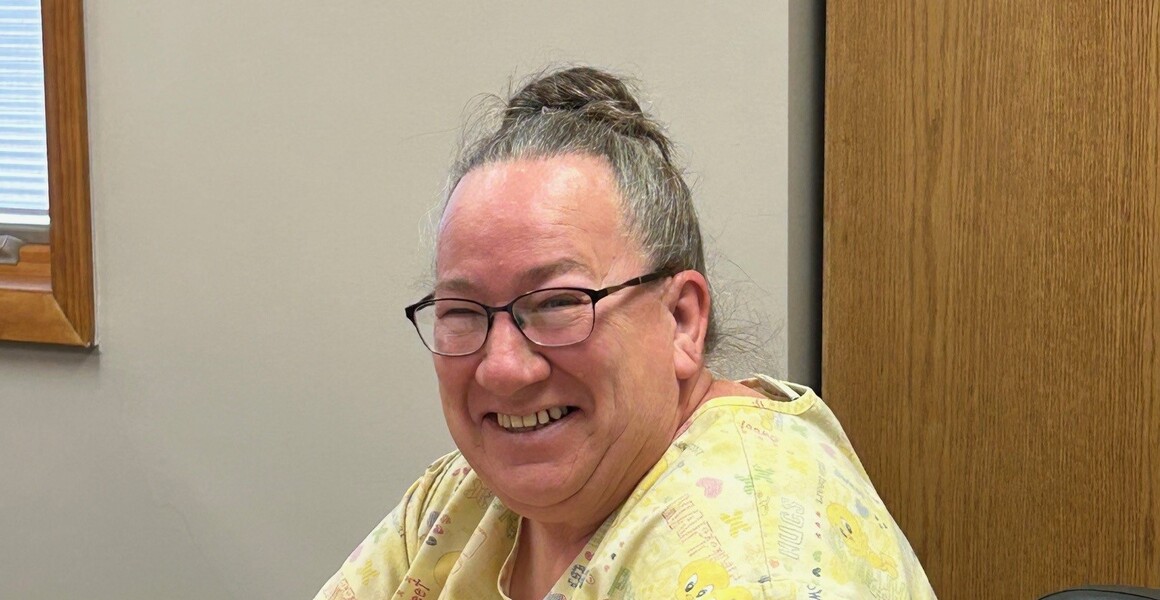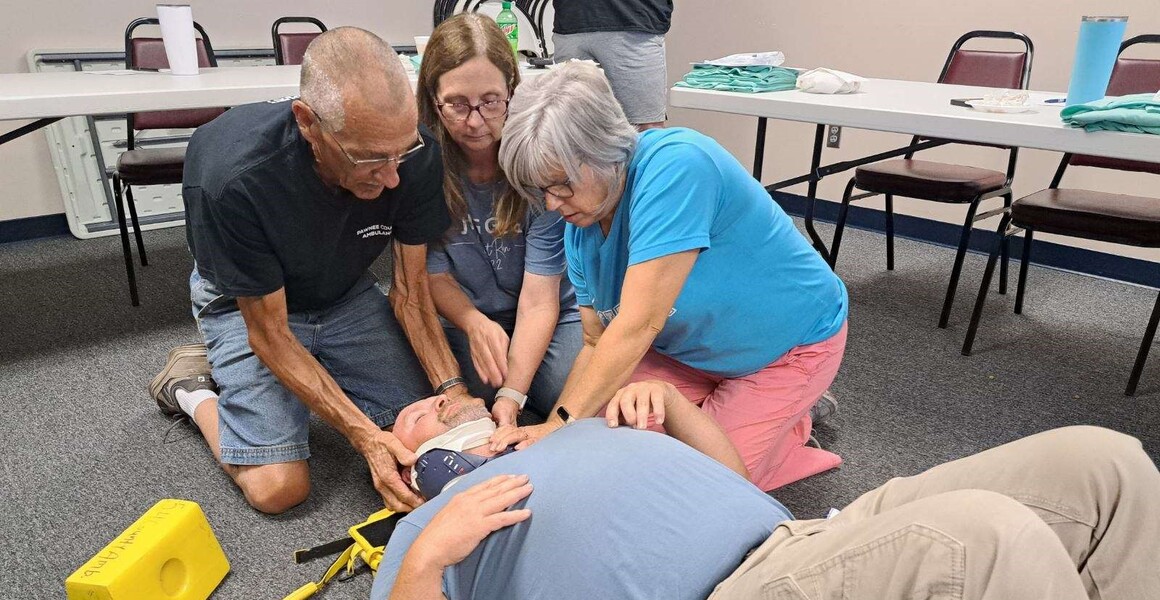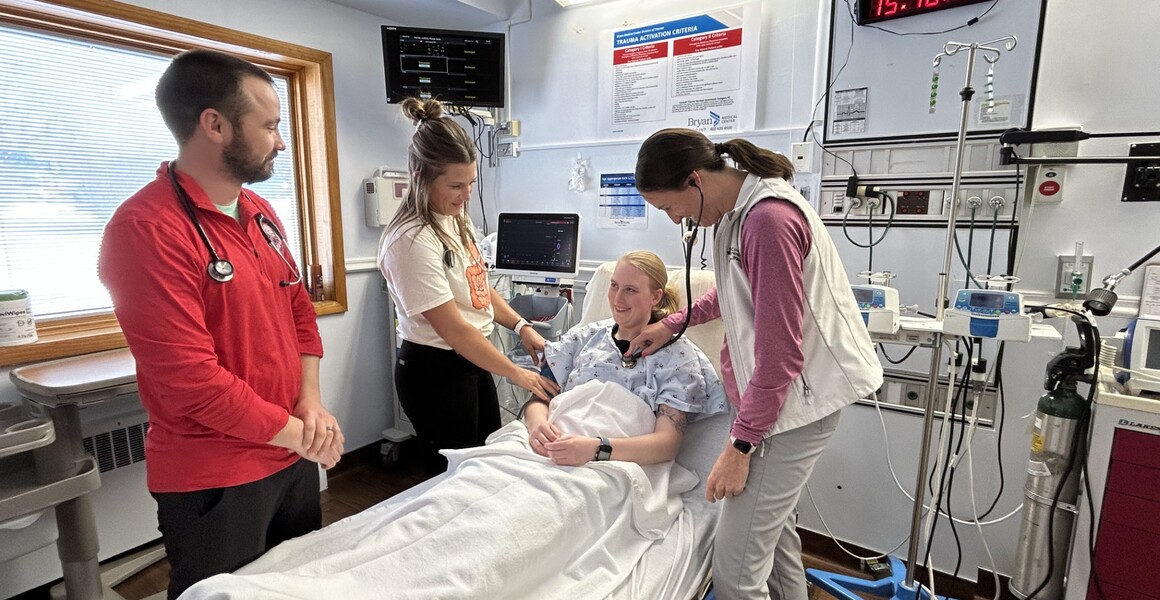Prostate Cancer
By Dr. Abby Hanzlicek
1 in 8 men will be diagnosed with prostate cancer in their lifetime, but risks vary based on age, race/ethnicity and other factors. It is more likely in older men- 6 out of 10 prostate cancers are diagnosed in men older than 65- and it is rare in men under 40. You are also at higher risk if you have a parent, sibling or child who has or had prostate cancer and African Americans are more likely to get prostate cancer. It is the second-leading cause of cancer death in American men, however most men who are diagnosed with prostate cancer do not die from it.
Prostate cancer doesn’t always cause symptoms, but if it does, they may include changes in your urine stream, suddenly needing to urinate right away, urinating often and pain or burning when urinating. Many of these symptoms are also common from other prostate problems that aren’t cancer.
Prostate cancer screening looks for signs of cancer, but it does not confirm a prostate cancer diagnosis. Your physician or provider can order a prostate specific antigen test, also called a PSA blood test. High levels can be caused by an enlarged prostate, medications or prostate cancer. A digital rectal exam is a prostate exam and evaluates for lumps or anything unusual, but only checks one side of the prostate. Screening is typically discussed between 55 and 69 years of age with exceptions.
Benefits of prostate cancer screening include finding and treating the cancer early, peace of mind, and options to choose further testing and closely monitor your prostate. Harms include getting a false positive, which means your PSA test shows you may have prostate cancer when you really do not. This can lead to unnecessary worry and biopsy of your prostate. Currently, the United States Preventative Services Task Force recommends discussing with your physician or provider about the decision to screen between ages 55 and 69. If you are age 70 or older, they currently do not recommend screening. Your next annual exam or annual wellness visit is a great time to discuss the benefits and harms and determine if screening is right for you!










